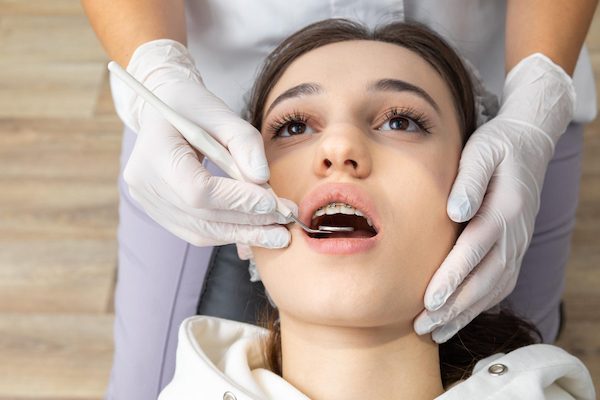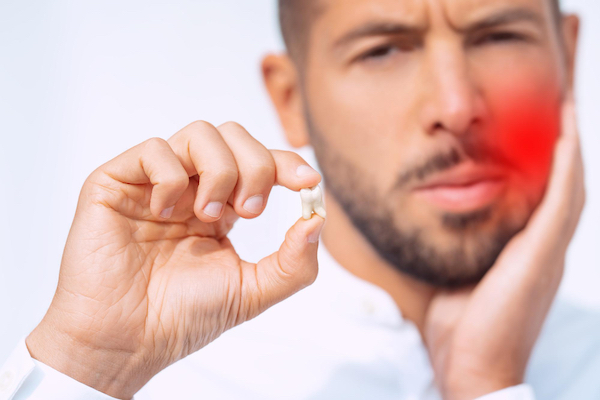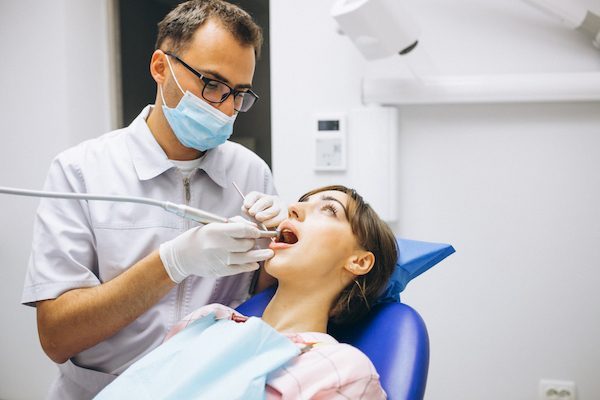Oral Surgery
Oral and Maxillofacial Surgery

Oral Surgery Cabramatta
Oral surgery, also known as maxillofacial surgery, focuses on the surgical treatment of disorders and injuries to the human mouth, jaw, and related tissues.
The following ailments may call for oral surgery.
Impacted Teeth
Most people first learn about wisdom teeth or the last set of molars in their late teens or early twenties.
Because they erupt at an age when you are supposed to have more wisdom, they are known as wisdom teeth.
These teeth may occasionally erupt through the gum line and fit comfortably in the jaw, although this is not always the case.

Reasons for Extracting Wisdom Teeth
Many people experience issues related to their wisdom teeth. Wisdom teeth can erupt fully or partially.
Infected wisdom teeth need to be extracted.
For the following reasons, a wisdom tooth is extracted:
- They are impacted
- The incorrect angle of growth
- You have an infection in your gums.
- Trapped inside the jawbone
Tooth Loss
An orthodontic anchor can be attached to a dental implant. This medical-grade titanium post connects with the jawbone to securely hold up a dental prosthesis, such as a denture, bridge, crown, or facial prosthesis.
Candidates for dental implants must meet specific requirements, including having adequate bone density and level, being immune to infection, and being willing to maintain appropriate oral hygiene practices.
Jaw Problems

Unequal jaw growth
The upper and lower jaws can occasionally fail to develop correctly. Speaking, eating, swallowing, and breathing difficulties may result from this.
Additionally, braces and other orthodontic procedures can resolve issues like crooked teeth. Removing the entire lower jaw, a piece of the upper jaw, or both may be necessary for more severe cases to produce a more balanced, functional, and healthful situation.
Improve the fit of dentures
Before manufacturing the dentures, oral surgery may be performed on first-time denture users to rectify any jaw anomalies. This guarantees a better fit and can benefit people who wear dentures for a long time.
Over time, supporting bone deteriorates, which causes a denture to no longer fit comfortably.
Temporomandibular joint disorder
The bone that connects the jaw to the skull’s temporal bones is called the temporomandibular joint (TMJ).
TMD also referred to as temporomandibular joint dysfunction, is a condition that affects the face’s muscles and jaws. It could be painful or noisy for you to open your mouth all the way.
This typically happens due to clenching your jaw or grinding your teeth over a prolonged period. Direct harm to the joint might also result from specific injuries or arthritis.
This TMJ problem or dysfunction can lead to neck and back discomfort, facial pain, headaches, and disorientation.
Other Conditions Treated by Oral Surgery
- Facial infection
- Facial injury repair
- Cleft lip and cleft palate repair
- Lesion removal and biopsy
- Snoring
Oral Surgery in Cabramatta
Your trusted Cabramatta dentist handles the examination and management of various oral diseases that demand surgical intervention.
At Cabramatta Dental Care, we take a gentle and meticulous approach to looking after our patients.
Visit your Cabramatta dentist today!
Call us at (02) 9755 5300 or make an appointment online.
We are located at 47 Arthur St in Cabramatta.
FREQUENTLY ASKED QUESTIONS
What is included in oral surgery?
The most frequently performed oral and maxillofacial procedures are;
wisdom tooth extraction, reconstructive oral surgery, and dental implant placement.
What kind of foods can I eat after having oral surgery?
Eating light, fresh foods the day before surgery, such as yoghurt, cottage cheese, or applesauce, is advised. Hot meals may prevent the first clot from forming at the extraction site.
Avoid eating crunchy foods like popcorn, almonds, and potato chips after the procedure since they might break up into tiny pieces and become packed into the extraction sites.
Please refrain from biting on hard foods for six weeks after dental implants because doing so will affect the implant’s ability to heal.
How long does recovery from dental implant surgery typically take?
It usually takes six months to heal after the procedure thoroughly.
